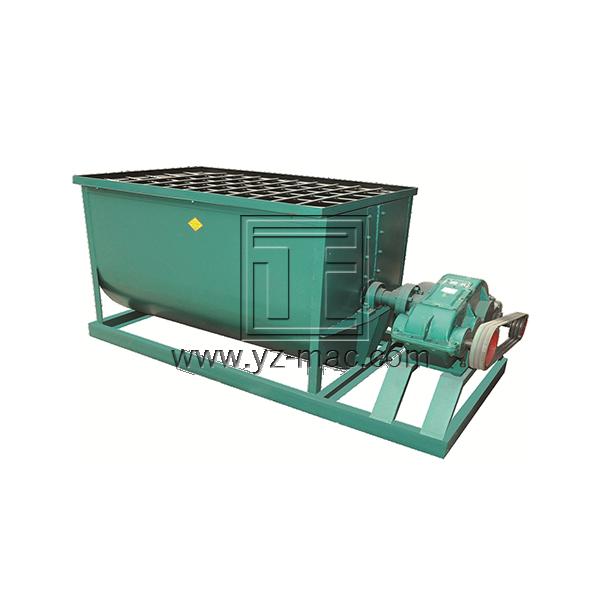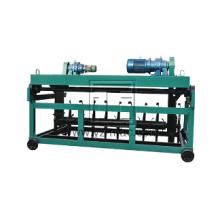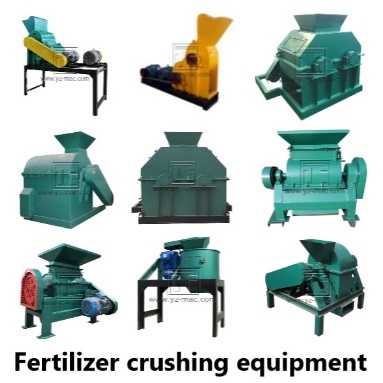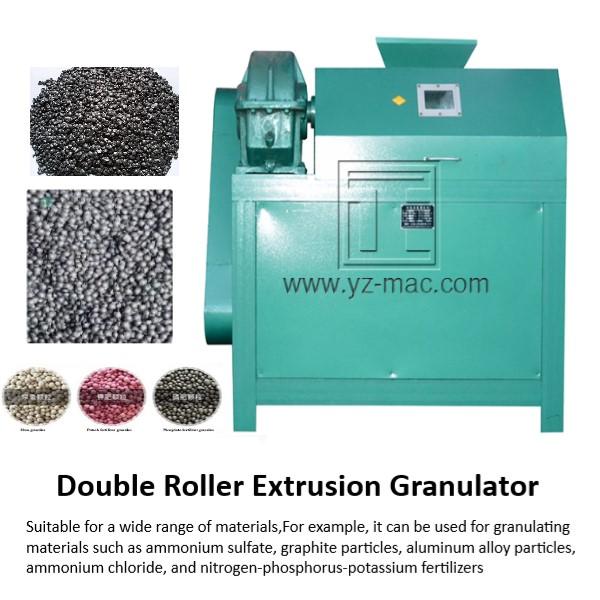Compost turning machine for sale
A compost turning machine is designed to efficiently mix and aerate organic waste materials, promoting faster decomposition and producing high-quality compost.
Types of Compost Turning Machines:
Windrow Compost Turners:
Windrow compost turners are larger machines used in commercial or industrial-scale composting operations. They are specifically designed to turn and aerate long, narrow compost windrows. These machines are available in different sizes and configurations, including self-propelled and towable models, offering efficient and automated turning capabilities for larger composting volumes.
In-vessel Compost Turners:
In-vessel compost turners are used in enclosed composting systems, such as composting tunnels or containers. These machines are designed to turn and mix the composting materials within the vessel, ensuring uniform aeration and efficient decomposition. They are commonly used in industrial composting facilities or large-scale organic waste processing plants.
Working Principles of Compost Turning Machines:
Compost turning machines employ different mechanisms to mix and aerate the compost piles or windrows. They can utilize rotating drums, paddles, or augers, which lift and tumble the composting materials, ensuring thorough mixing and exposure to oxygen. Some machines may have adjustable settings to control the turning speed and depth, allowing for precise control of the composting process.
Applications of Compost Turning Machines:
Commercial Composting Facilities:
Compost turning machines are extensively used in commercial composting facilities, where large volumes of organic waste materials are processed. These machines efficiently turn and mix the compost windrows, ensuring proper aeration and enhancing the decomposition process. This results in faster composting and the production of high-quality compost suitable for agricultural, horticultural, or landscaping applications.
Agricultural and Farming Operations:
Compost turning machines find applications in agricultural and farming operations. They are used to manage farm waste, crop residues, animal manure, and other organic materials. By effectively turning and mixing the compost piles, these machines create a well-aerated environment for microbial activity, facilitating decomposition and nutrient recycling. The resulting compost can be used as organic fertilizer, soil amendment, or livestock bedding.
Municipal and Industrial Organic Waste Processing:
Compost turning machines play a crucial role in municipal and industrial organic waste processing plants. These machines efficiently turn and aerate the composting materials, ensuring proper decomposition and odor control. Compost produced in such facilities can be used for land reclamation, erosion control, landfill cover, or as a sustainable alternative to chemical fertilizers.
Environmental Remediation Projects:
Compost turning machines are employed in environmental remediation projects, where composting is used to treat contaminated soil or industrial waste. These machines assist in turning and mixing the composting materials, allowing for the breakdown of contaminants and the restoration of the soil’s natural properties. Compost produced through this process helps in soil remediation and land restoration efforts.
Conclusion:
Compost turning machines are widely used in commercial composting facilities, agricultural operations, waste management facilities, and environmental remediation projects. By effectively mixing and aerating the composting materials, these machines enhance decomposition, reduce composting time, and produce high-quality compost for various applications, contributing to sustainable waste management and soil health improvement.








